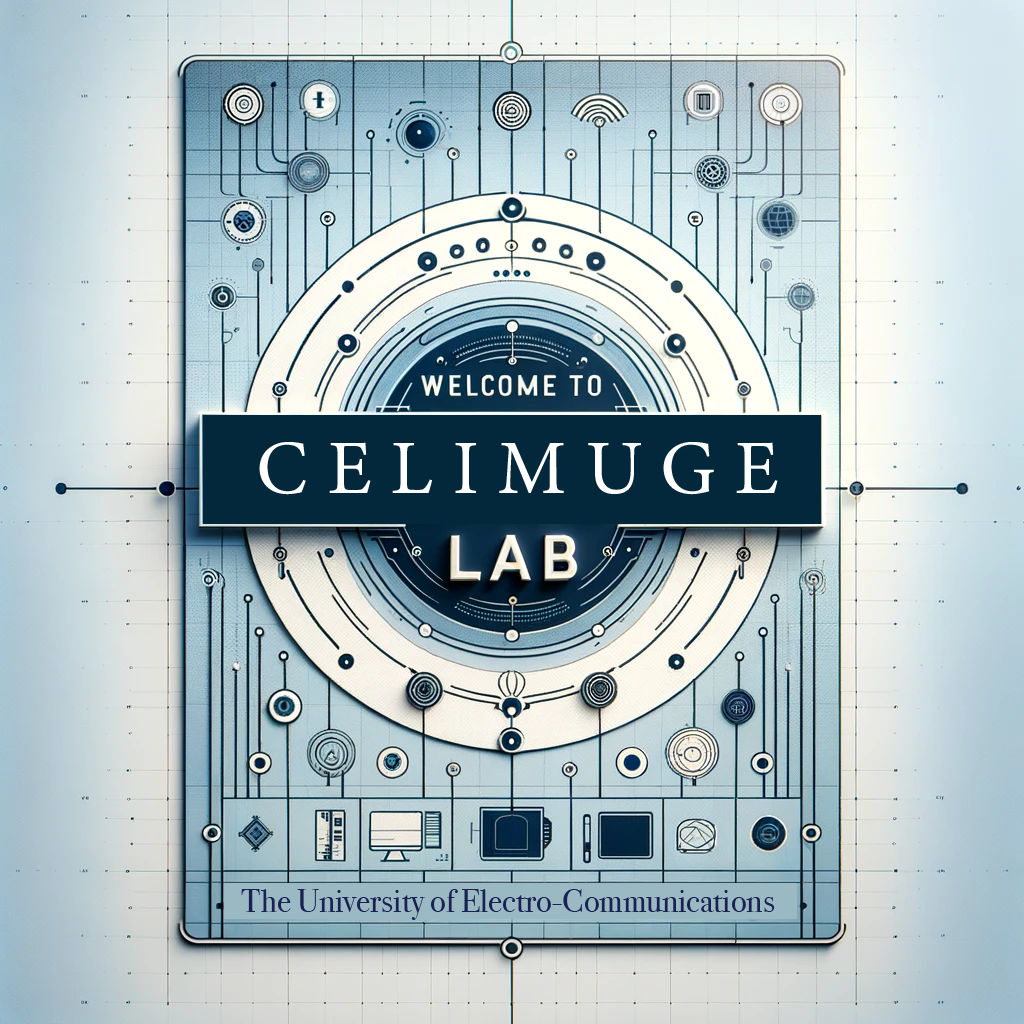メタネットワーキング研究センター学術講演会のお知らせ
メタネットワーキング研究センター学術講演会を以下のように行います。教職員、学生含め出席自由ですのでご参加ください。
日時・場所: 2024年3月11日(月)16:30〜(西10号館2階大会議室)
連絡先:策力木格 celimuge@uec.ac.jp (事前連絡は不要です)
Title: Energy Efficient Federated Learning over Mobile AI Devices
Speaker: Dr. Miao Pan, University of Houston, USA
Abstract:
In the era of AI and mobile Internet, federated learning (FL) over mobile devices, one of the most anticipated technologies, has fostered numerous intriguing applications and services, while many of them are energy-hungry. In this talk, I would like to discuss our proposed energy efficient FL designs over mobile devices. Different from most existing communication efficient FL designs, which regard wireless communications as the bottleneck, we have an interesting observation that under many typical FL settings, the local computing energy is comparable to the communication energy during the FL training process, given the development of high-speed wireless transmission techniques (e.g., 4G LTE, 5G, Wi-Fi 5 or Wi-Fi 6). Thus, the total energy should be computing energy + communication energy over training rounds in FL. To effectively reduce the overall energy of FL over mobile devices, simply reducing local computing/communication energy independently is not enough, and the energy trade-off between “working” (i.e., local computing) and “talking” (i.e., wireless communications) has to be considered. To study this trade-off, we have initially modeled and empirically studied the impacts of advanced local computing control (e.g., DVFS, local iteration number), compression (e.g., gradient quantization, gradient sparsification) and wireless transmission (e.g., transmission rates) strategies on computing and communication energy formulated the problem of efficient FL over mobile devices, and provided feasible solutions. Besides, most existing FL participant selection approaches focus on improving global model accuracy and training efficiency, there is very limited work concerning the residual battery energy of candidate local mobile devices, which fundamentally determines if the selected devices can participate or not. If time allows, I will share one of our recent works on the residual energy and wireless aware participant selection for efficient FL training over mobile devices. We have also set up a testbed of FL over mobile devices with Lambda server, Nvidia TX2s/Xaviers, NI USRPs and smartphones to validate our analysis, and shown promising experimental results.
Short Bio:
Dr. Miao Pan is an Associate Professor in the Department of Electrical and Computer Engineering at University of Houston. He was a recipient of NSF CAREER Award in 2014. Dr. Pan received his Ph.D. degree in Electrical and Computer Engineering from University of Florida in August 2012. Dr. Pan’s research interests include wireless/AI for AI/wireless, deep learning privacy, wireless networks, underwater communications and networking, and cybersecurity. He has published more than 110 papers in prestigious journals including IEEE/ACM Transactions on Networking, IEEE Journal on Selected Areas in Communications, IEEE Transactions on Mobile Computing, and IEEE Transactions on Smart Grid, and around 130 papers in top conferences such as IEEE INFOCOM, ACM MobiSys, ICCV, IEEE ICDM, AAAI, ACM CIKM, VLDB, IEEE BigData, ICDCS, and IEEE IPDPS. His work won IEEE TCGCC (Technical Committee on Green Communications and Computing) Best Conference Paper Awards 2019, and Best Paper Awards in ICC 2019, VTC 2018, Globecom 2017 and Globecom 2015, respectively. Dr. Pan serves as a Technical Reviewer for many international journals and conferences. He has also been serving as a Technical Organizing Committee for several conferences such as TPC Co-Chair for Mobiquitous 2019, ACM WUWNet 2019, and Technical Program Committee member of several top international conferences, e.g., IJCAI, IEEE INFOCOM, MobiHoc, ICDCS, etc. Dr. Pan is an Editor for IEEE Open Journal of Vehicular Technology and an Associate Editor for IEEE Internet of Things (IoT) Journal (Area 5: Artificial Intelligence for IoT), and used to be an Associate Editor for IEEE Internet of Things (IoT) Journal (Area 4: Services, Applications, and Other Topics for IoT) from 2015 to 2018. Dr. Pan is a member of AAAI, a member of ACM, and a senior member of IEEE and IEEE Communications Society.

